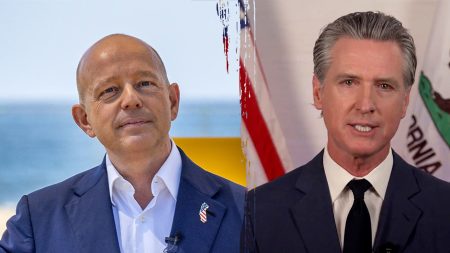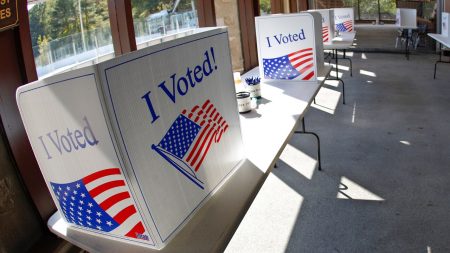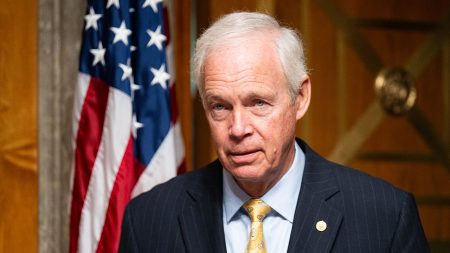Rob Flaherty, a former top aide on Vice President Kamala Harris’ presidential campaign and the ex-director of digital strategy for the Biden White House, ignited controversy with his recent comments on the Democratic Party’s struggle to connect with the cultural zeitgeist. In an interview with Semafor, Flaherty argued that Democrats are "losing hold of culture" and proposed a strategy emphasizing the cultivation of a diverse "thriving ecosystem" of online influencers and content creators to recapture the narrative ahead of future elections. His remarks, particularly his call for "more Hasan Pikers," sparked immediate backlash due to the Twitch streamer’s history of inflammatory and often offensive statements.
Flaherty’s core argument centers on the perceived shift in media consumption habits, particularly among younger demographics. He posits that traditional media outlets are losing relevance, replaced by a fragmented landscape of individual personalities and online communities. To remain competitive, Flaherty believes Democrats must embrace this new reality and actively foster a network of influencers capable of reaching and engaging with audiences on these platforms. He cites the popular left-leaning podcast Pod Save America as an example but emphasizes the need to expand beyond this model and cultivate a wider range of voices. He specifically named controversial Twitch streamer Hasan Piker as a model for this strategy, suggesting the need for "more Hasan Pikers." This endorsement of Piker, however, is the crux of the controversy.
Hasan Piker, a popular Twitch streamer with millions of followers, has a documented history of making incendiary remarks that have drawn widespread condemnation. He has downplayed and justified terrorist attacks, including 9/11, framing them as acts of resistance. In 2019, he infamously stated that "America deserved 9/11," a comment he later retracted as "inappropriate." However, he subsequently made light of the tragedy in another stream, joking about "9/11 2." He also praised the "brave f—ing soldier" who wounded Rep. Dan Crenshaw in Afghanistan, using graphic and vulgar language. Piker’s rhetoric extends beyond terrorism; he has also broadcast propaganda from the Houthi rebels in Yemen, a group designated as a terrorist organization by the United States. His commentary on the Israeli-Palestinian conflict has also been criticized, with some accusing him of downplaying the severity of acts of violence committed by Hamas and other groups.
Piker’s inflammatory statements extend beyond geopolitical issues. He has made crude jokes about date rape on college campuses and posted an image of a handgun atop a picture of a U.S. Senator, an action that prompted Rep. Ritchie Torres (D-NY) to express alarm in a letter to Twitch and Amazon executives. Torres characterized Piker as the "poster child" for a post-October 7th surge in antisemitism and highlighted the potential danger of such rhetoric, calling for law enforcement attention to what he considers an implicit threat against an elected official.
Despite Piker’s controversial history, he has also engaged with prominent Democratic figures, including Senator Ed Markey and Representative Alexandria Ocasio-Cortez, who have appeared on his platform. This engagement highlights the tension within the Democratic Party between embracing new media platforms and navigating the potential risks associated with partnering with controversial figures. Flaherty’s call for "more Hasan Pikers," therefore, exposes a strategic dilemma for the Democrats: how to effectively leverage the reach of online influencers without alienating potential voters or endorsing harmful rhetoric.
Flaherty’s argument, while acknowledging the significance of figures like Piker in shaping online discourse, arguably fails to adequately address the potential consequences of embracing such controversial personalities. The backlash to his comments underscores the precarious balance Democrats must strike between engaging new media audiences and upholding responsible political discourse. While online influencers undeniably hold sway over significant segments of the population, Flaherty’s suggestion to replicate the Piker model appears to have overlooked the significant reputational risks associated with endorsing figures who have expressed views considered by many to be offensive, insensitive, and potentially dangerous. The controversy his remarks generated highlights the ethical and strategic challenges confronting political parties as they navigate the evolving media landscape.










